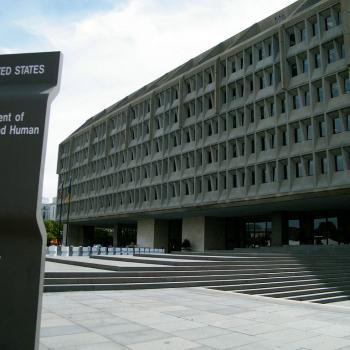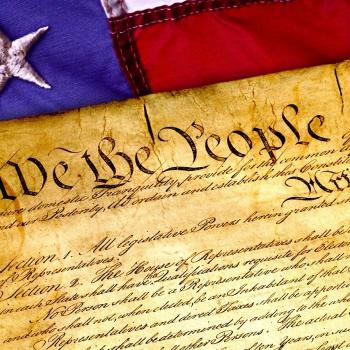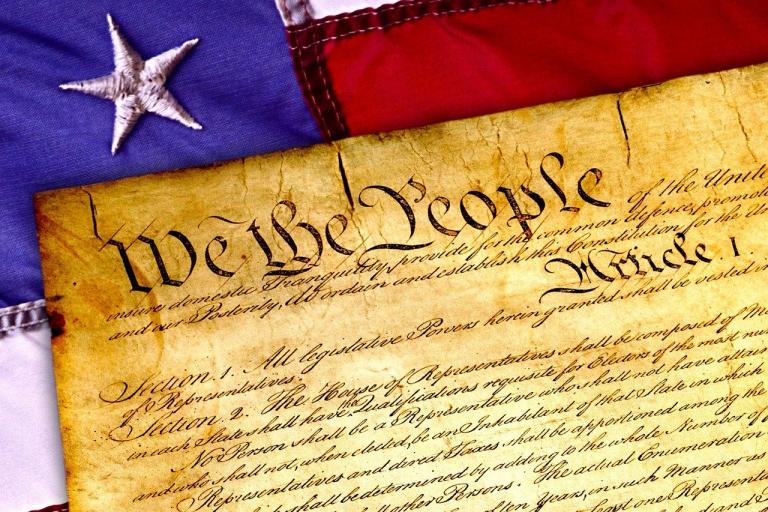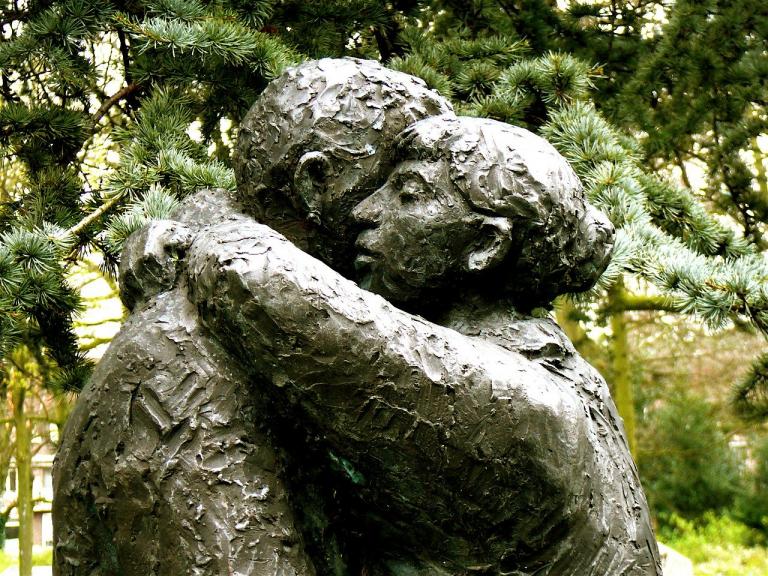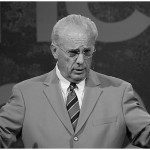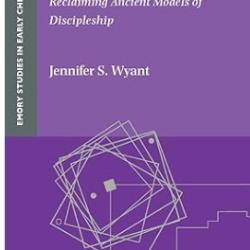Republicans are saying that the huge increase of mail-in ballots, most of which according to polls will be for Biden, is an invitation to fraud, especially in states that are sending out the ballots as mass mailings to all voters. In reporting on these fears, the media always includes a statement that there is “no evidence” that mail in voting leads to fraud. But that just means that mail in voting on the proposed scale of this election has not happened yet. The issue should be the “possibility” of fraud.
Meanwhile, Democrats are saying that President Trump will, in effect, stage a coup, refusing to leave office even if he is defeated, using the military to keep himself in power.
This reads like another hysterical manifestation of Trump derangement syndrome, like the claim that Trump is a Russian agent or a fascist dictator.
Unfortunately, the president is playing into the hands of his enemies, speaking as if it is impossible for him to be defeated unless there is fraud, refusing to acknowledge that he will step down if he isn’t re-elected, and threatening to call out the military to enforce the Insurrection Act of 1807 to put down protests against him. His administration is also reportedly looking into the possibility of trying to get Republican-dominated state legislators to elect their own pro-Trump delegates to the Electoral College in the event their state votes for Biden and there are allegations of fraud. (For the details and quotations, read this.)
For those worried about a military coup in support of Trump, the Chairman of the Joint Chiefs of Staff is vowing that American armed forces will stay out of any political entanglements. Since their oath is to the Constitution rather than to their Commander-in-Chief, the likelihood is that they would disobey any orders to overturn the election. Nor would they dislodge the President from the White House if he refuses to leave. That would be the job of U.S. Marshals. (Read this for the deliberations going on in our military.)
These nightmare scenarios, of course, are unlikely to happen. And both sides are likely exaggerating them for political advantage. But the election results will almost certainly be delayed, due to late counting of mail-in votes, some of which will not even have to be received until after Election Day, November 3. And the voting results will almost certainly will face court challenges.
So what would happen then? This Associated Press story gives a useful and clarifying summary of how the Constitution and related federal law would resolve the possible electoral chaos.
First of all, there are deadlines. The Constitution mandates in the 20th Amendment that a president must be inaugurated on January 20 of the following year. All legal disputes must be resolved by that time.
Also, states have an entire month after Election Day to count the ballots and certify the results. So states must turn in their count by December 3. All disputes about the ballots, including any fraud allegations, must be resolved by that time.
If the election goes to the courts, those deadlines mean that the decisions, including the appeals, must be accelerated. If the disputes go to the Supreme Court, it must render a decision quickly. By the way, President Trump has said that he would abide by a Supreme Court decision if it declares Biden the winner.
If some states are unable to determine their electoral votes by December 3, it may happen that no candidate receives a majority. In that case, the 12th Amendment requires that the House of Representatives elect the President. In this election, that would seem to favor the Democrats. Except that the Amendment gives each state one vote, with each state’s congressional delegation voting on which candidate their state should vote for. Which ever candidate gets 26 votes, the majority of the 50 states, would be elected. That would seem to favor the Republicans. But some representatives would likely vote for the candidate their constituents chose, instead of following the party line, so the results are not really predictable.
The Senate would, by a straight up vote, elect the Vice President. So, yes, we might end up with a president and a vice president from two different parties. If the House can’t settle on a president, but the Senate with its more straight forward process elects a vice president, the vice president would, by the 20th Amendment, become acting president on Inauguration Day, and if the House can’t get its act together by March 4 would become the permanent president.
If, for whatever reason, none of this works, the 20th Amendment lets Congress determine the president, which would mean invoking the Presidential Succession Act. That would make the Speaker of the House, Nancy Pelosi, the president.
All of this assumes, of course, that we follow our Constitution–with its brilliant provisions for balanced powers, protection of our liberties, and resolution of difficulties–instead of blowing it all up in a partisan power struggle that destroys our nation.
Image by Wynn Pointaux from Pixabay




